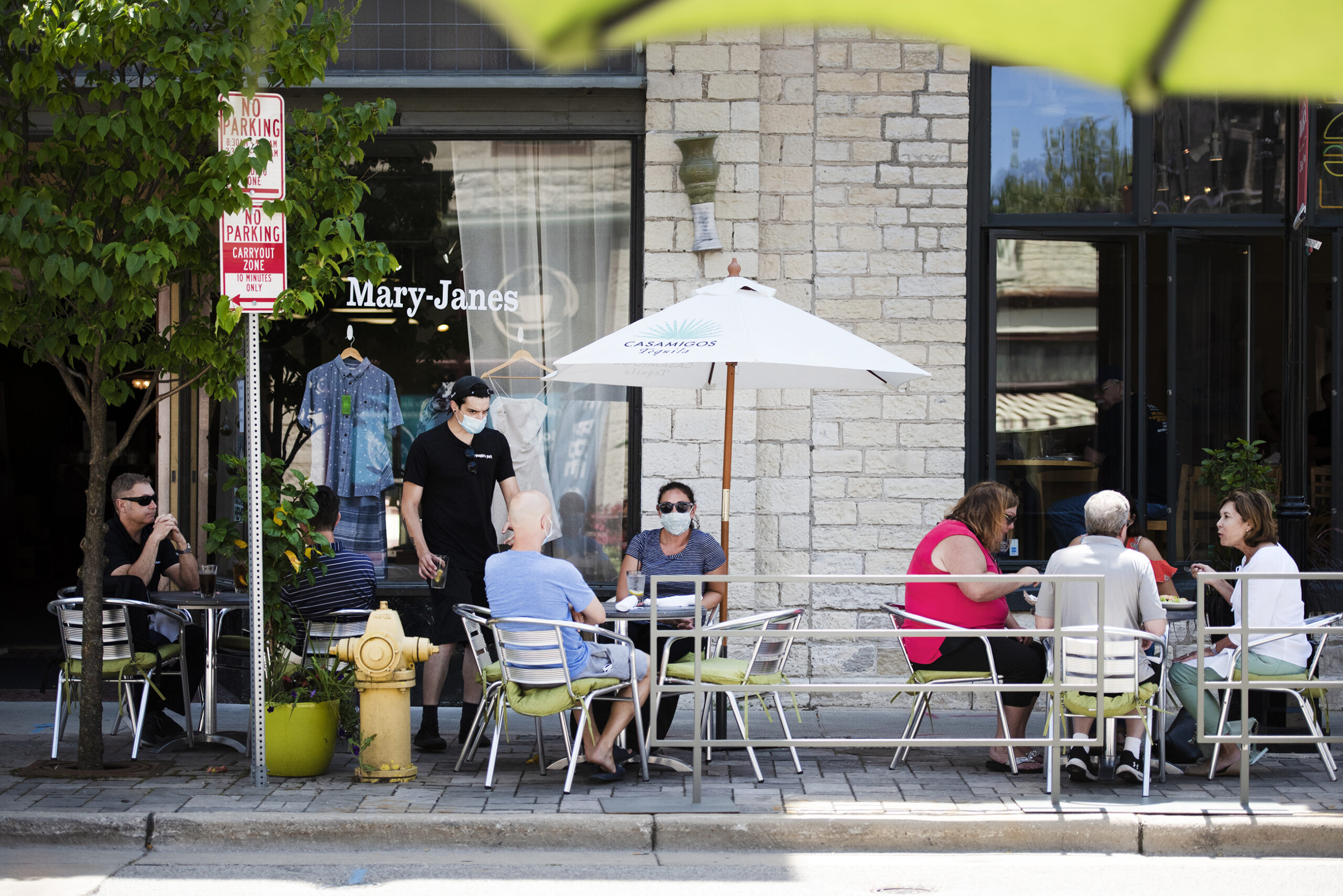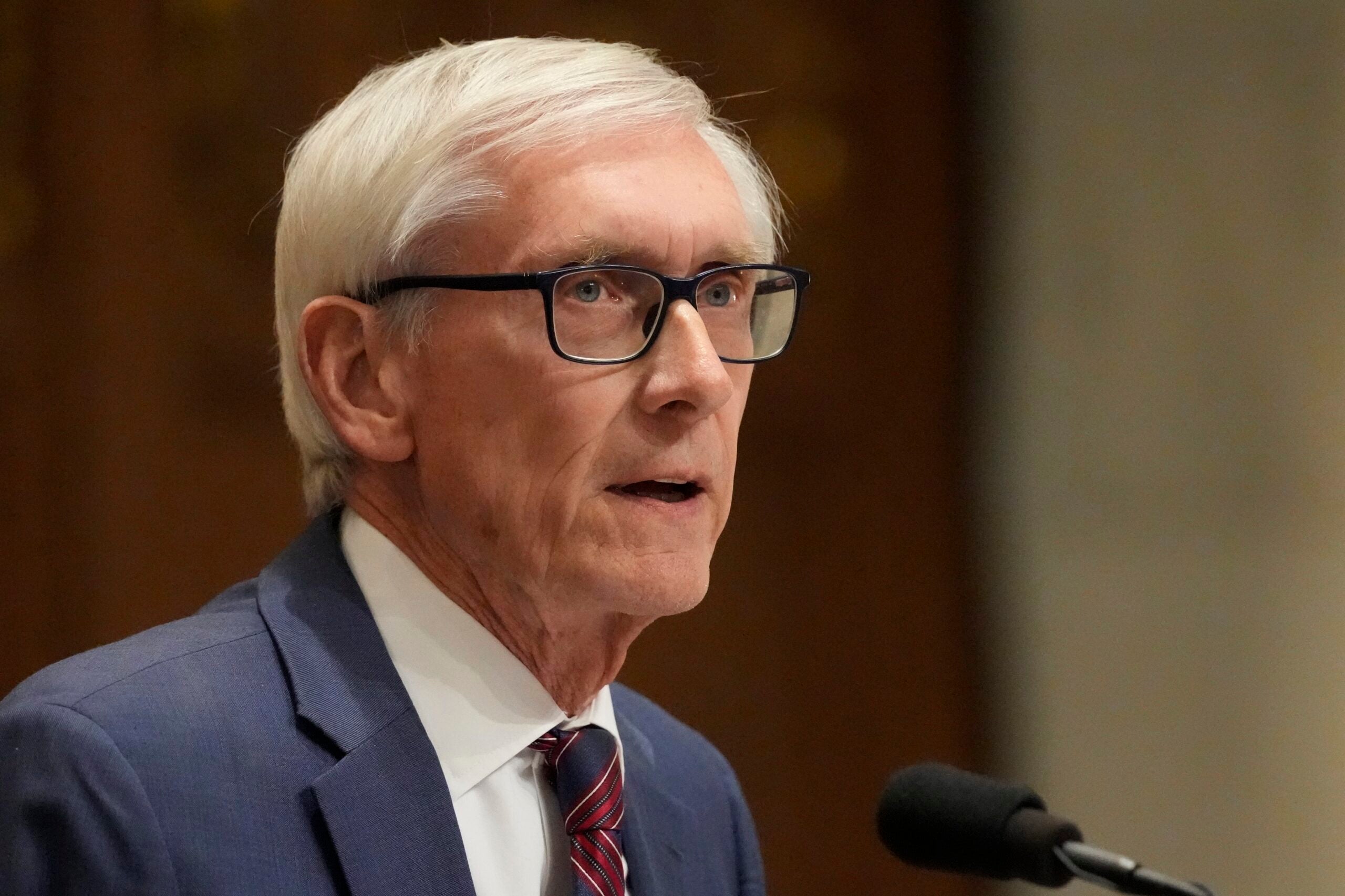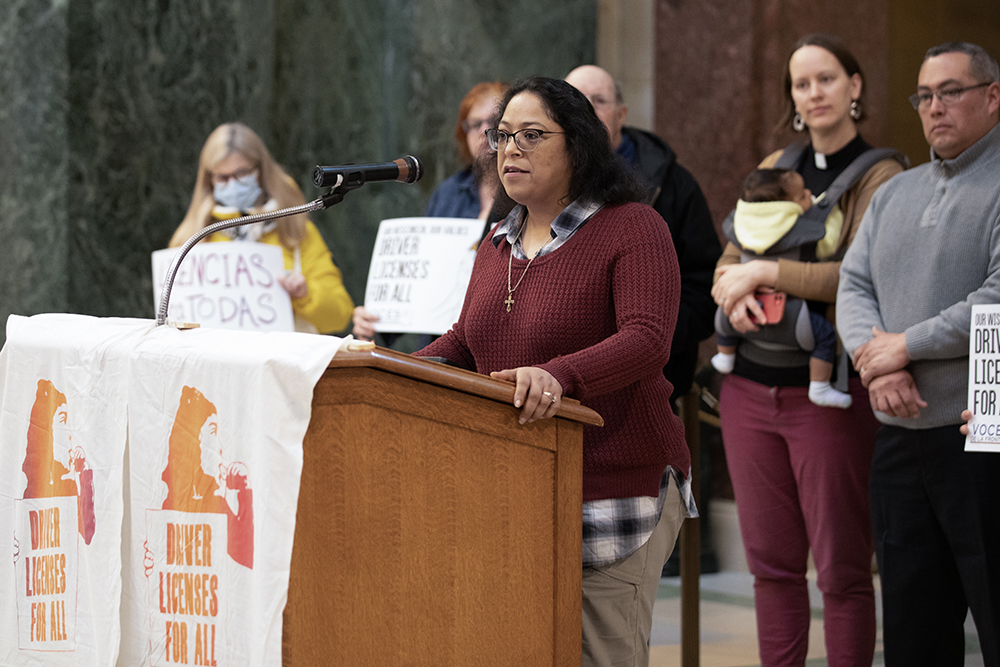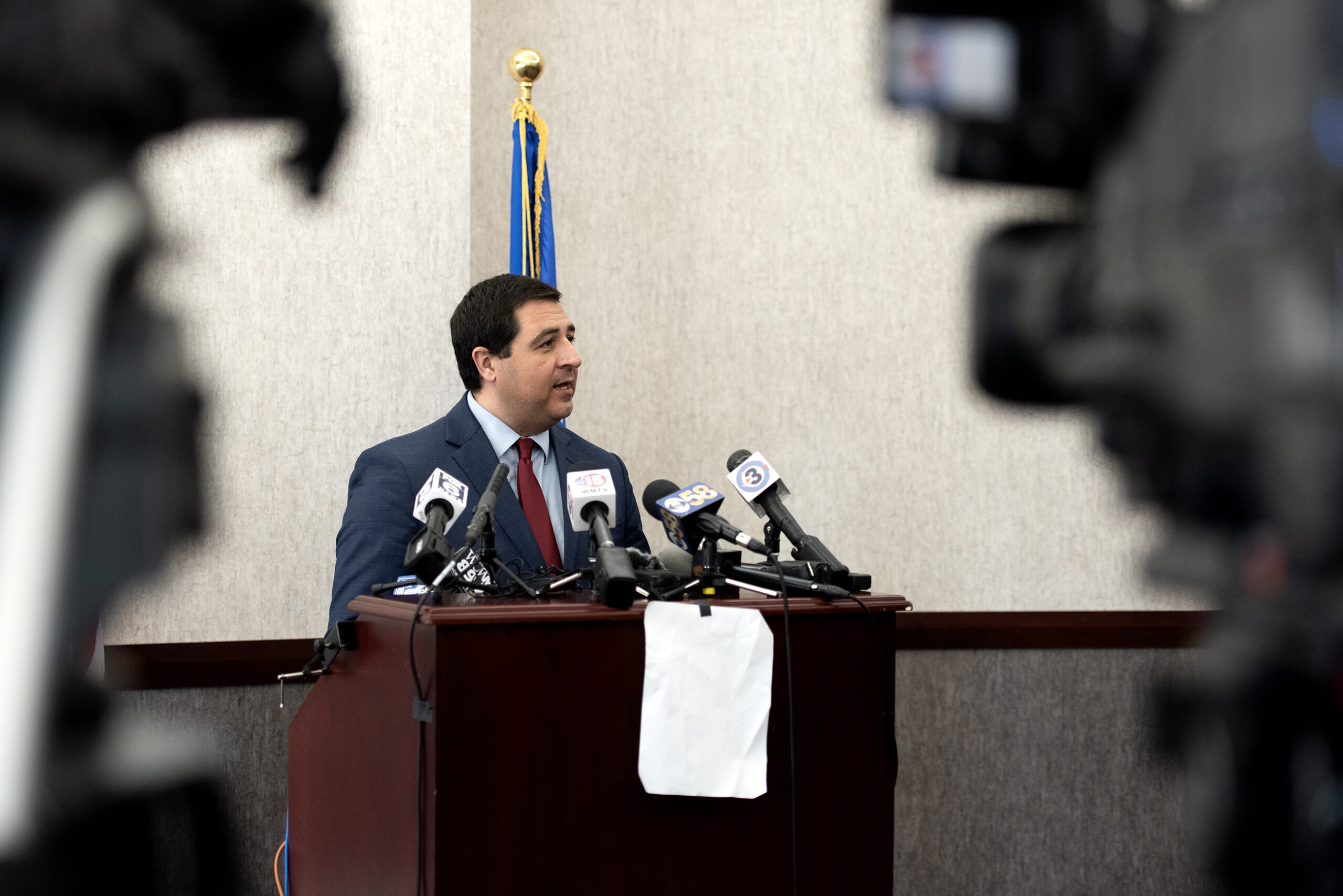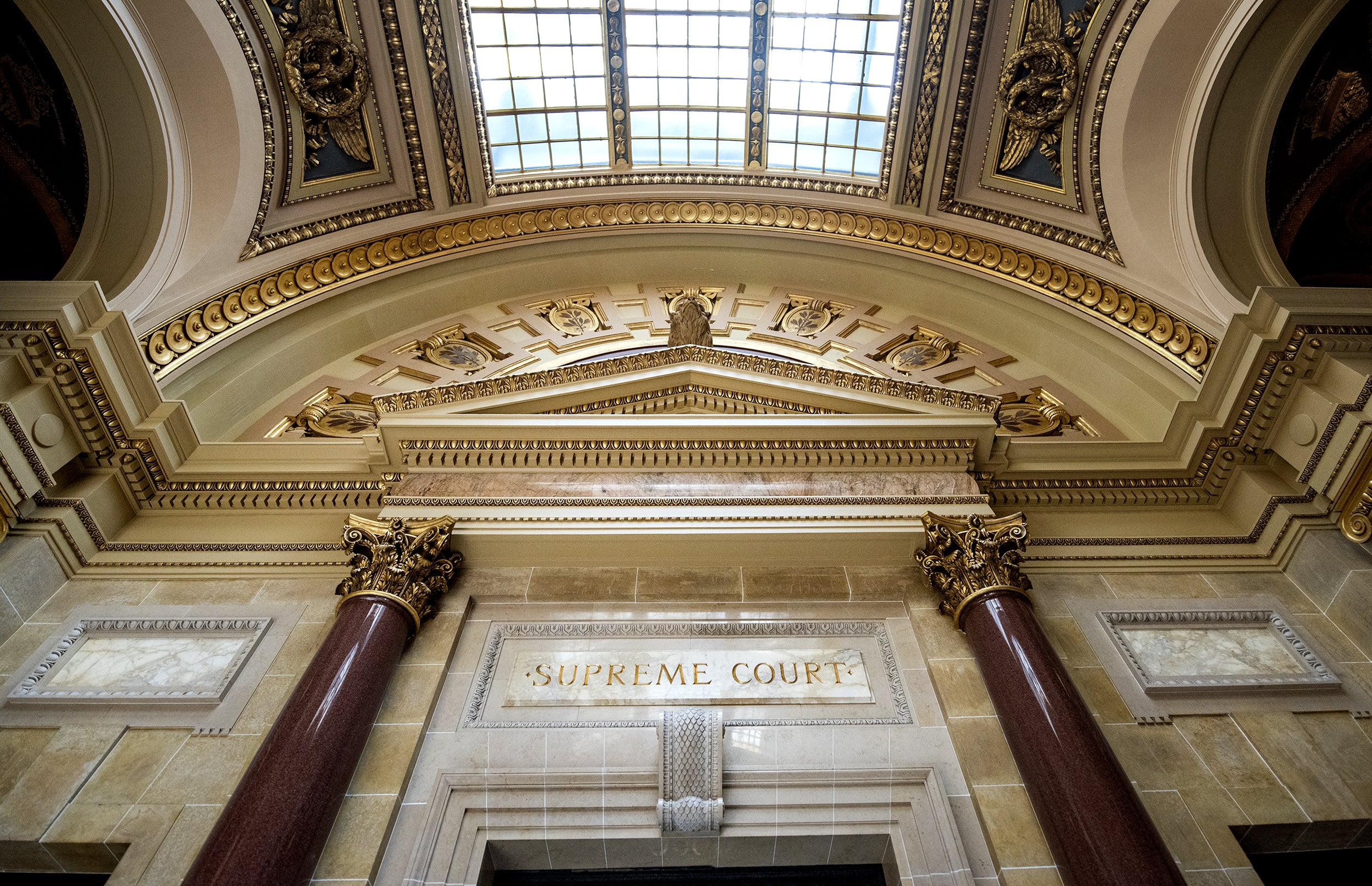The Tavern League of Wisconsin has filed a lawsuit to strike down the Evers administration’s emergency order limiting bar and restaurant capacity during the COVID-19 pandemic.
The order, which went into effect last Thursday, requires bars and restaurants across the state to limit capacity to 25 percent until Nov. 6.
The lawsuit, filed Tuesday in Sawyer County, argues that the court should throw out the order because it wasn’t created through the emergency rulemaking process, a process that requires state lawmakers to approve any restrictions on people and businesses during the pandemic. Using the process would essentially give the GOP-controlled Legislature veto power over any restrictions.
News with a little more humanity
WPR’s “Wisconsin Today” newsletter keeps you connected to the state you love without feeling overwhelmed. No paywall. No agenda. No corporate filter.
Chris Marsicano, president of the Tavern League of Wisconsin, said Wisconsin restaurants and bars are facing “economic ruin” as the pandemic continues, and that businesses shutdowns “have not proven effective” as the virus has spread in the state.
“The Tavern League of Wisconsin is committed to fighting the spread of COVID-19, but will not stand by and watch its members be forced out of business by unlawful orders,” Marsicano said in a prepared statement. “We need the help and support of our communities and elected officials to keep defeat COVID-19 while keeping our ‘OPEN’ signs lit.”
He said the state needs to “kill COVID, not small business.”
On Monday, GOP lawmakers on the Legislature’s rulemaking committee voted to direct the Evers administration to submit its latest emergency order to be approved through the rulemaking process. Supporters of the vote said the Wisconsin Supreme Court’s May ruling striking down the Evers administration’s stay-at-home order decreed all future restrictions on people and businesses during the pandemic should go through the rulemaking process.
The governor’s office disagrees. On a Tuesday call with reporters, the governor said his administration will not submit the latest order to the rulemaking process.
“Our order is consistent with the Wisconsin Supreme Court’s ruling earlier this year, and we continue to ask everyone to do their part to prevent the spread of this virus by staying home, limiting travel and gatherings, and wearing face coverings whenever in public,” said Britt Cudaback, the governor’s spokesperson, in response to the lawsuit.
The order is different from other recent decrees from the Evers administration during the pandemic because it didn’t come from the governor, but instead from state Department of Health Services (DHS) Secretary Andrea Palm, who issued the stay-at-home order that was struck down in May.
The latest order attempts to use powers the Supreme Court didn’t address in its May ruling that give the DHS secretary the ability to “forbid public gatherings in schools, churches, and other places to control outbreaks and epidemics.”
The governor’s most recent order, which extended the statewide mask mandate, is also being challenged in court.
The lawsuit comes as Wisconsin continues to set records for new daily confirmed cases of COVID-19, as well as deaths and hospitalizations. The state reported 3,279 new cases of the disease Tuesday, the highest that figure has ever been. There were also 34 new deaths from COVID-19 reported, another record high.
Wisconsin Public Radio, © Copyright 2025, Board of Regents of the University of Wisconsin System and Wisconsin Educational Communications Board.

